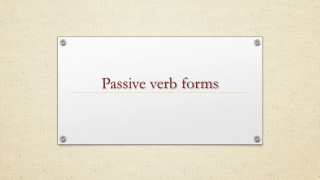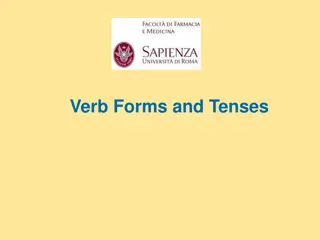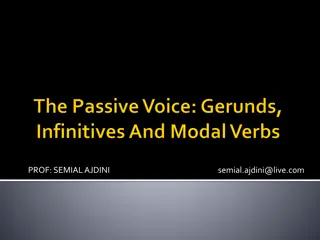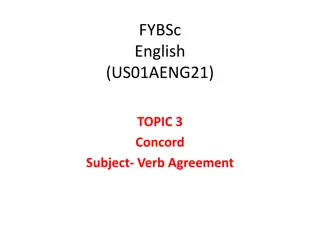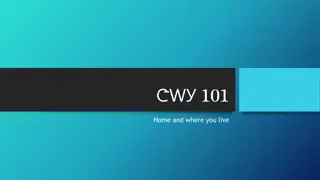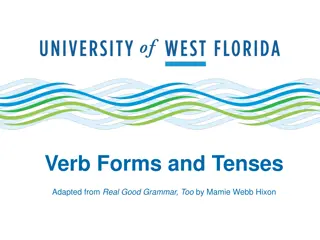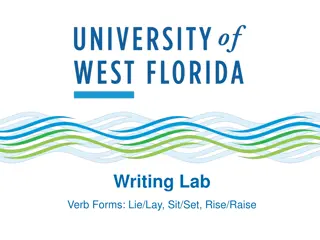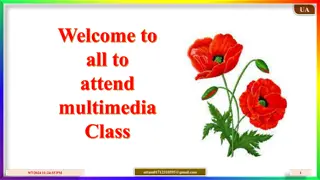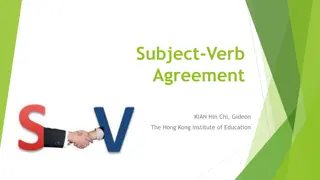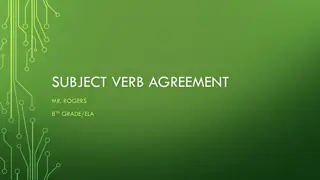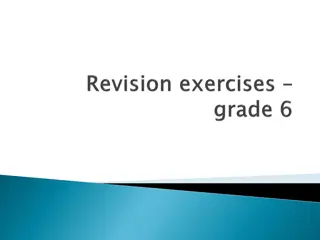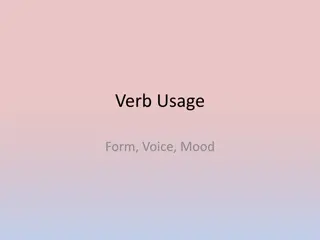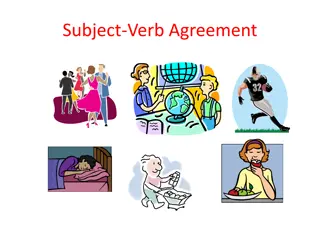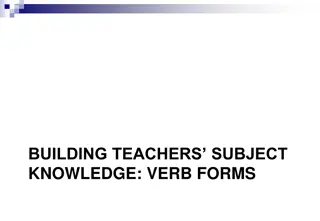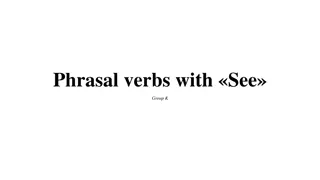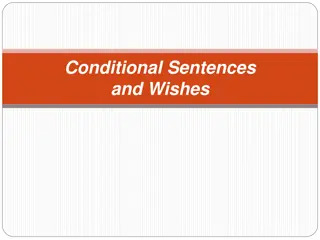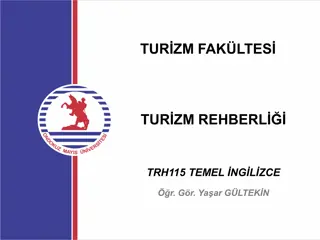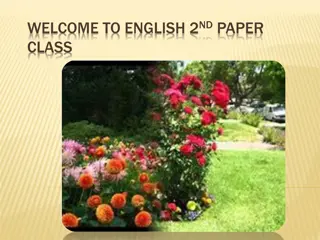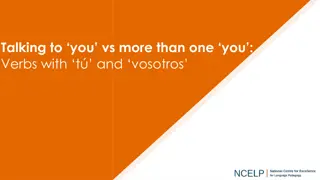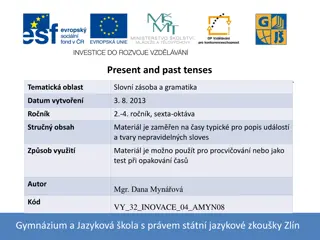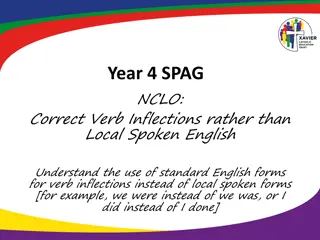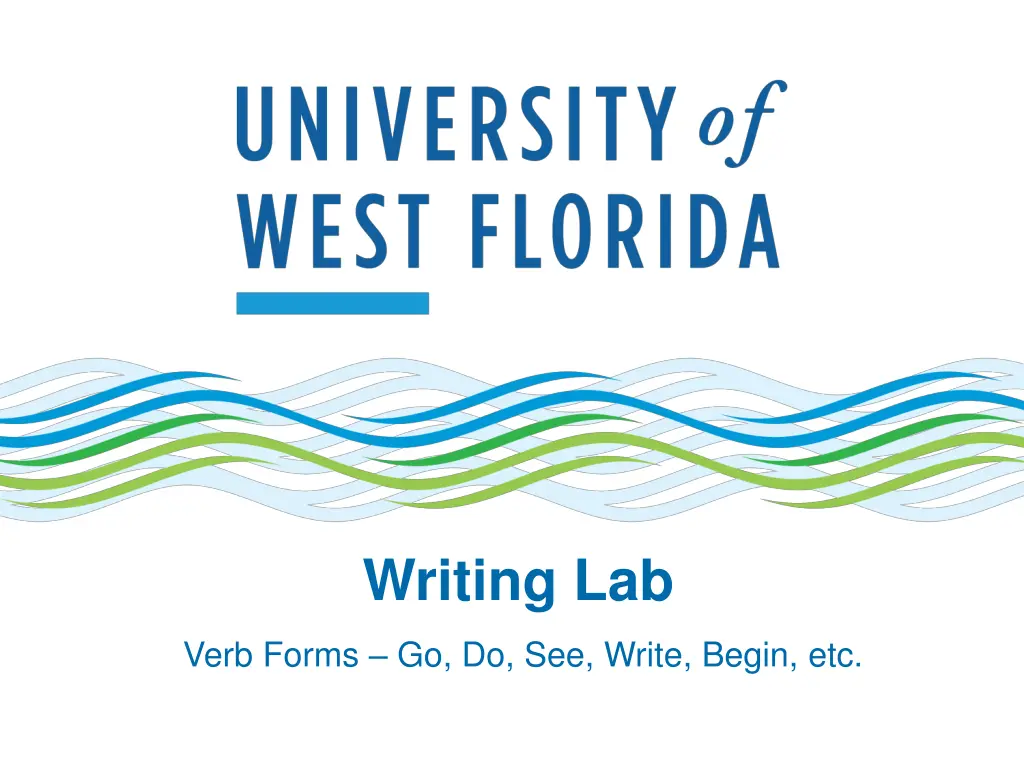
Understanding Verb Forms in Writing
Learn about verb forms in writing, including base/infinitive, past tense, and past participle forms of regular and irregular verbs. Explore examples of verb forms and their usage in sentences.
Download Presentation

Please find below an Image/Link to download the presentation.
The content on the website is provided AS IS for your information and personal use only. It may not be sold, licensed, or shared on other websites without obtaining consent from the author. If you encounter any issues during the download, it is possible that the publisher has removed the file from their server.
You are allowed to download the files provided on this website for personal or commercial use, subject to the condition that they are used lawfully. All files are the property of their respective owners.
The content on the website is provided AS IS for your information and personal use only. It may not be sold, licensed, or shared on other websites without obtaining consent from the author.
E N D
Presentation Transcript
Writing Lab Verb Forms Go, Do, See, Write, Begin, etc.
Verb Forms The principle parts of a verb are its base/infinitive (eat, talk) used for the present tense with auxiliaries like can, should, will, and does. Its past form (ate, talked) and its past participle form (eaten, talked), used with has, had, or have for perfect tenses with forms of be (is, am, are, was, were, etc.) in passive constructions. Regular verbs like talk to form their past and past participle forms the regular way by simply adding d or ed to their base. Irregular verbs like eat and the ones on the next slide form their past and past participle forms in irregular and unpredictable ways. The past participle form of both regular and irregular verbs must always be used with an auxiliary/helping verb.
Verb Forms Examples Present/ Infinitive Go, do, see, write, begin. Past Tense Went, did, saw, wrote, began. Past Participle (have) gone, (have) done, (have) seen, (have) written, (have) begun.
Thats all, folks! This lesson is part of the UWF Writing Lab Grammar Mini-Lesson Series Lessons adapted from Real Good Grammar, Too by Mamie Webb Hixon To find out more, visit the Writing Lab s website where you can take a self-scoring quiz corresponding to this lesson

